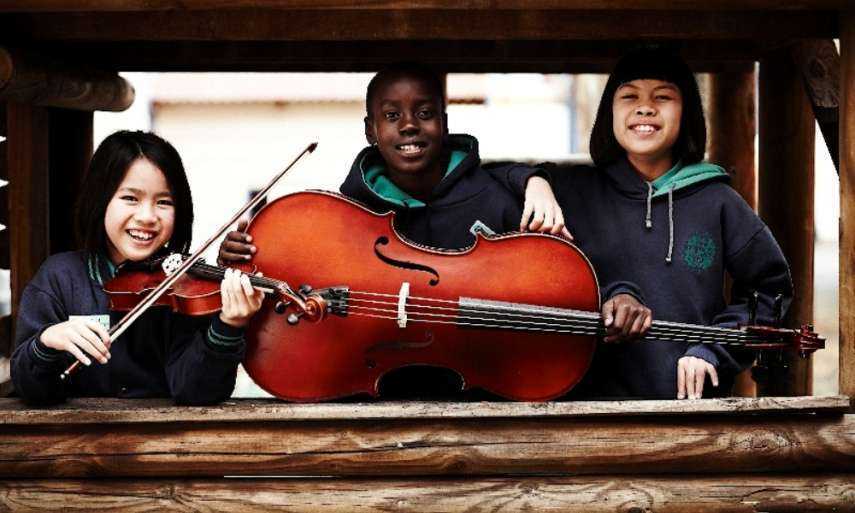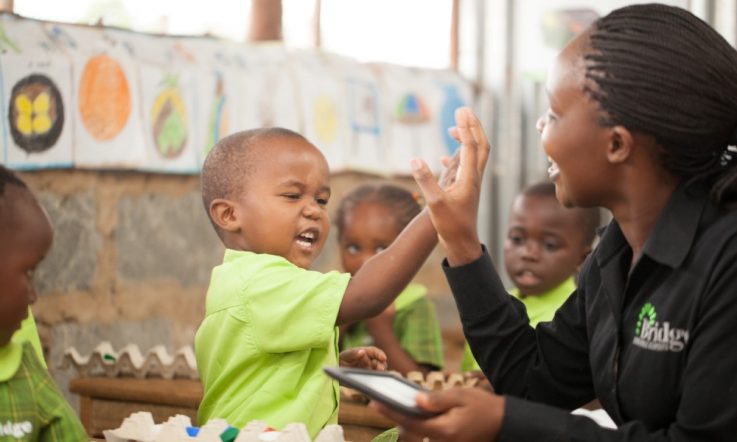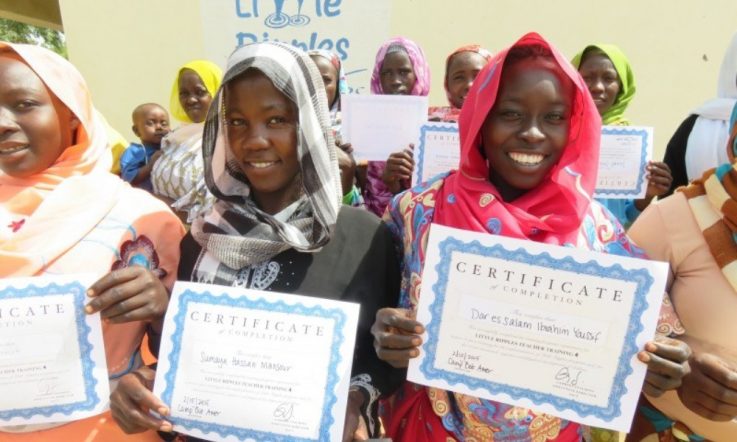The annual World Innovation Summit for Education (WISE) Awards celebrate creative projects from across the globe. This year's winners include an Australian initiative delivering arts-based programs to disadvantaged students and a miniature town helping youngsters in Finland learn about financial literacy and entrepreneurship. Here's a snapshot of the six winners:
Alternate Education for Rural Development in Peru
A project aimed at addressing the high dropout rate of students in rural Peru, where 66.4 per cent of youngsters have access to secondary school, compared to 83.7 per cent in urban areas.
The approach includes: adapting the existing curriculum to make it more relevant to rural environments - there is a particular focus on practical learning; teacher recruitment and training; and involving parents in school management and teacher training.
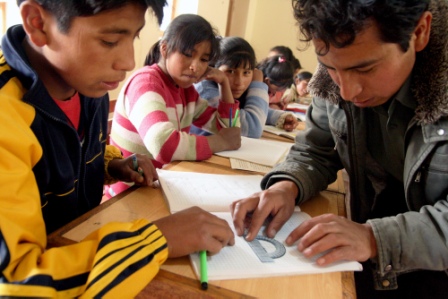
[Image: supplied by Alternate Education for Rural Development in Peru.]
To tackle the problem of children often needing to work at home during the agricultural year, and the long distances to get to school, students board and spend two weeks alternating between home and school.
The project currently runs in 40 Alternate Rural Schools, catering for 1186 girls and 1637 boys living in 11 regions. Last year, 1657 students in the project finished secondary education.
Of those who finished before 2012, 52 per cent have since gone on to tertiary study and 68 per cent are working. Project organiser Fundación Codespa says 78 per cent remain linked to their families and communities, with 31 per cent developing business plans - providing support for family incomes and funding for further education.
Me & MyCity
Run by Finland's Economic Information Office, the Me & MyCity project has worked with 37 000 Grade 6 (12- and 13-year-old) students, 1500 teachers, 1500 university and secondary school students and more than 100 companies.
It offers real life learning opportunities in the areas of financial literacy, entrepreneurship and society. Teachers and students can visit the MyCity learning environment - a 500-square-metre miniature society that has its own banking system and space for 15 companies that reflect life in their own geographical region.
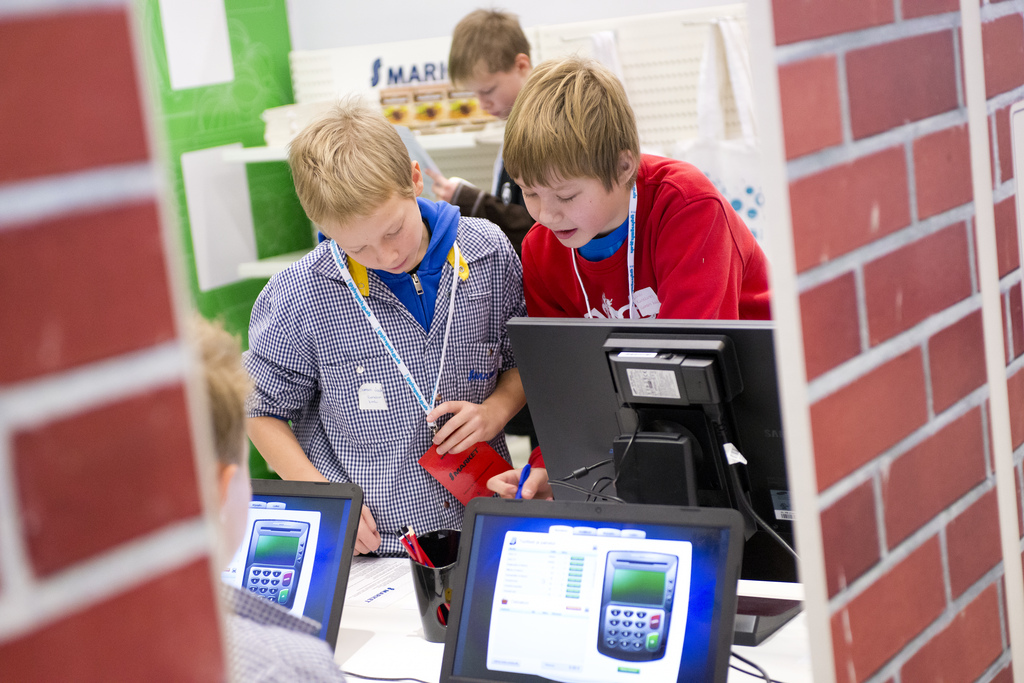
[Image: supplied by Me & MyCity.]
Youngsters spend a day working in a profession, earning a wage and being active consumers and city members. Technology delivers real time updates of salaries, sales and purchases.
The aim is to give students 21st Century skills by linking school subjects to the real world. Teachers involved in the program also get extra training in entrepreneurship education and the economy.
The team behind Me & MyCity hope to expand the program to all Grade 6 youngsters in Finland (60 000) in the future and develop learning opportunities for older students.
We Love Reading
This innovative program, run by the Taghyeer Organisation, aims to increase reading levels among four- to 10-year-olds by fostering a love of reading.
It gives women training to organise and hold regular read-aloud sessions to children in their local communities. There are more than 300 of these 'community libraries' in Jordan, and the model has now spread to other countries.
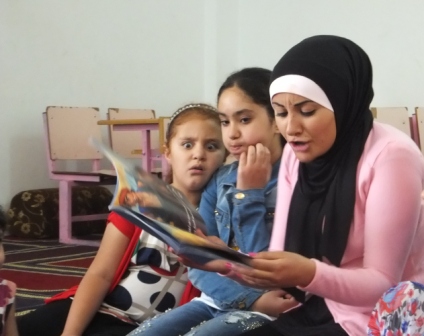
[Image: supplied by We Love Reading.]
Project organisers say the We Love Reading model is providing a practical and sustainable approach and changing attitudes along the way. They add the short-term benefits include stimulating creativity in children (particularly girls who sometimes have fewer opportunities to take part in social events), and empowering women to become community leaders.
In the long-term, the model aims to give a generation of girls the skills, creativity and independence that will empower them in years to come. The project has benefited an estimated 100 000 individuals.
Future targets include a pilot project to run the model in Syrian refugee communities in Jordan, and the development of a multilingual, online, training toolkit for readers wanting to start their own neighbourhood read-aloud library.
The Song Room
Operating in Australia, The Song Room offers in-school programs in music, drama, dance, visual arts and media arts, for disadvantaged students. The aim is to improve student learning outcomes, student wellbeing, engagement and attendance.
Programs are tailored to meet the needs of the school and include weekly workshops that run for between six and 18 months. The creative learning experience covers a range of subject areas, all delivered through the arts.
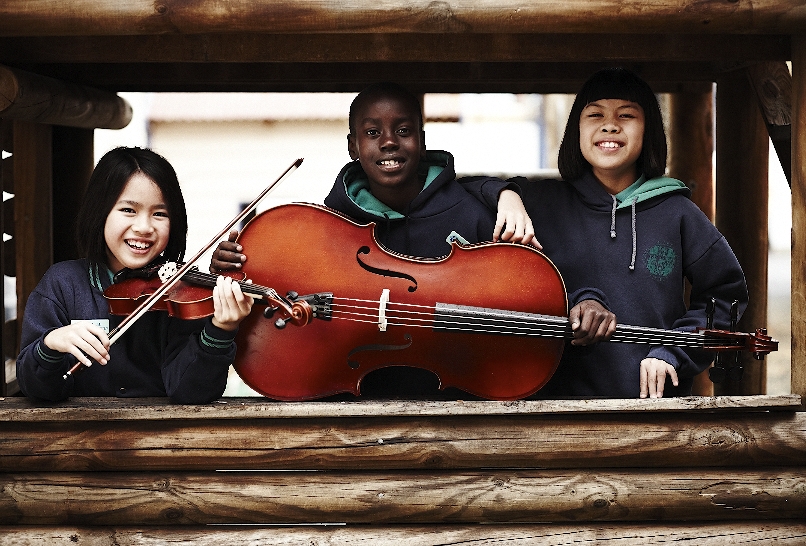
[Image: supplied by The Song Room.]
'Teaching artists' are matched with each school to develop the programs and provide mentoring to teaching staff. Educators are encouraged to incorporate the approach into their own classroom practice.
Organisers say targets for the next five years include: reaching the 1000 most disadvantaged schools with intensive 12 to 18-month face-to-face workshops; reaching the next 1000 most disadvantaged schools with intensive six month face-to-face workshops; and supporting teachers in 5000 schools through its ARTS:LIVE online platform and professional development.
Street Children: Reintegration through Education
This project gives street children in Cairo access to non-formal education through its Drop In Centre and Child Friendly School, with a target of reintegrating them back into public schools. They are also trained to become peer educators.
According to the UN's refugee agency (UNHCR) there are more than one million children living and working on the streets of the Egyptian capital, with high illiteracy and school drop-out rates.
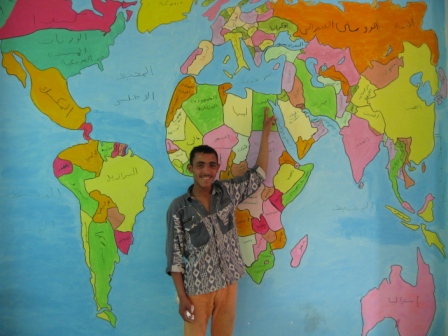
[Image: supplied by Street Children: Reintegration through Education.]
At the Drop In Centre and school, children are taught basic life skills - ranging from road safety and nutrition, to hygiene and health awareness covering issues such as HIV and other STDs.
Project organiser, FACE for Children in Need, says 37 children attended its school in 2012 and 30 in 2013 and, as a result 33 were reintegrated into public schools. Another 27 800 children have accessed literacy education via the drop in centre.
In the future, FACE plans to open a new drop in centre in Cairo to double the number of children it reaches, create a handbook for school educators on the techniques it uses, and build strong relationships with five local schools.
Educate Girls
Educate Girls started in 2005 with a pilot in 50 government schools in India. It has since snowballed into a program involving more than 5000 schools and benefiting more than half a million students.
Organisers (Foundation to Educate Girls Globally) say the program operates against a backdrop of gender disparity across India with the result that 3.7 million girls are out of school - the third highest number in the world. According to estimates, on average a girl in India gets less than four years education in her life.
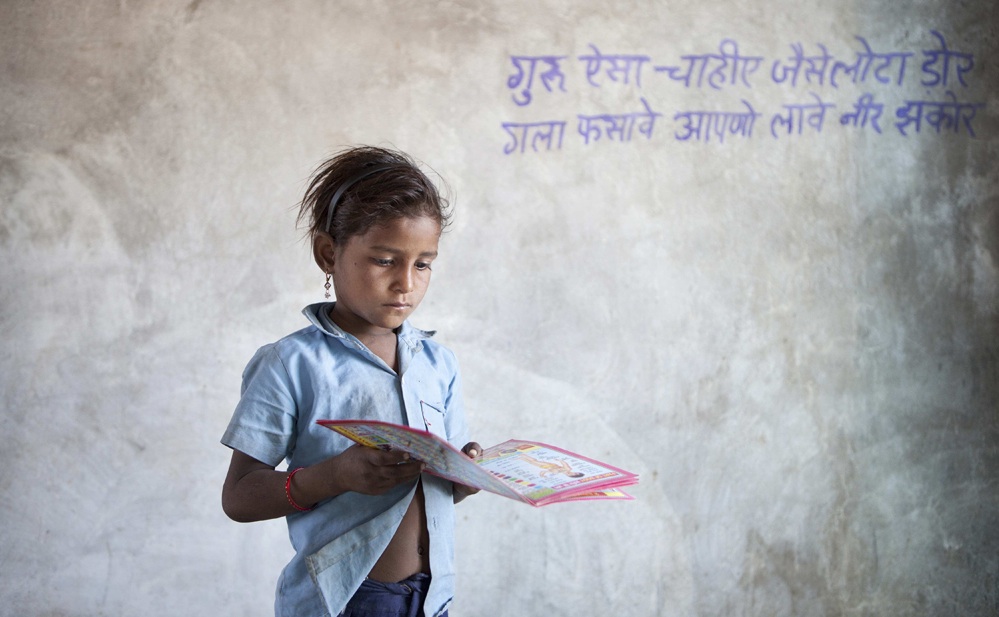
[Image: supplied by Educate Girls.}
The program works to raise awareness in communities about the importance of girls' education and the socio-economic benefits it can bring.
It targets districts where there are gender gaps to enrol girls who have either dropped out of school, or never been to school before. There is also a focus on improving learning outcomes in maths and languages.
Among its achievements to date: Educate Girls has enrolled an additional 58 080 girls (aged six to 14) in school - an enrolment rate of 99 per cent; increased learning outcomes in Hindi, English and Maths by 20 to 30 per cent within a year; recruited 1495 community volunteers; and implemented 17 959 school improvement plans.
The six winners, selected from 15 finalists, each receive $20 000. They will be honoured during the 2014 World Innovation Summit for Education, in Doha, Qatar, from November 4 to 6.
More information on the winning projects:
Alternate Education for Rural Development in Peru
Street Children: Reintegration through Education
Visit the WISE Awards website for details of all 15 finalists.
